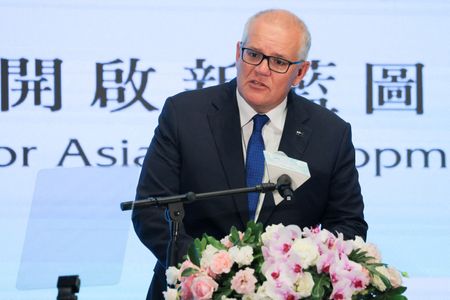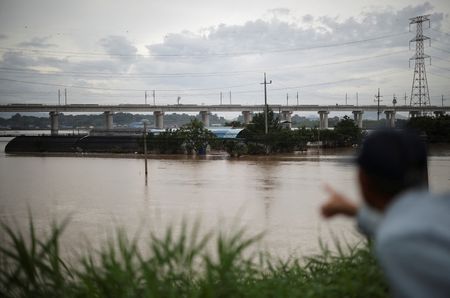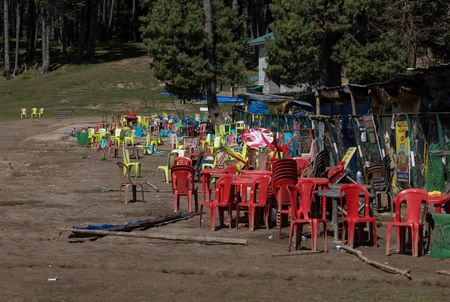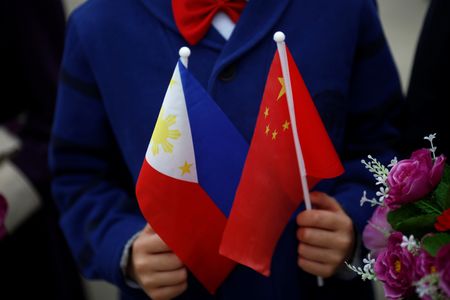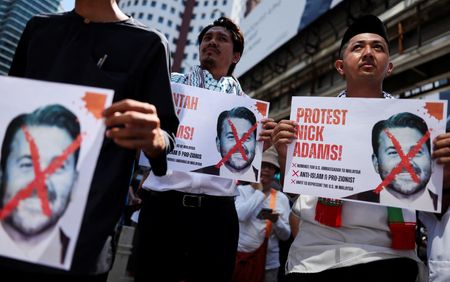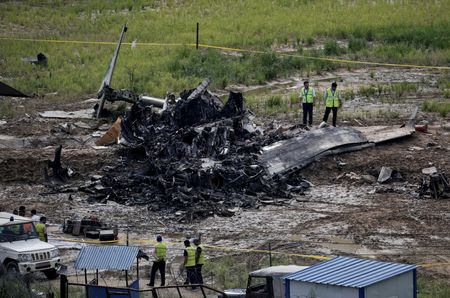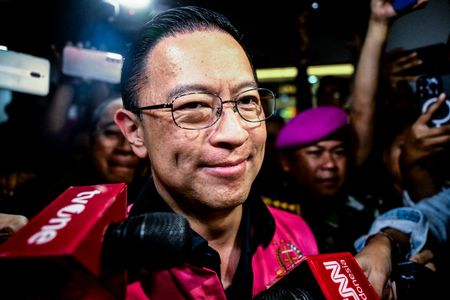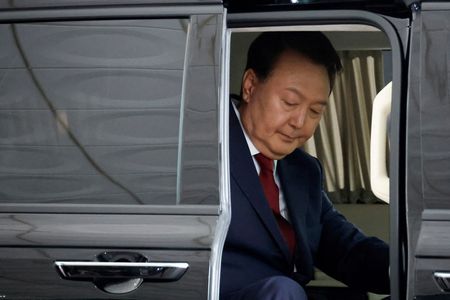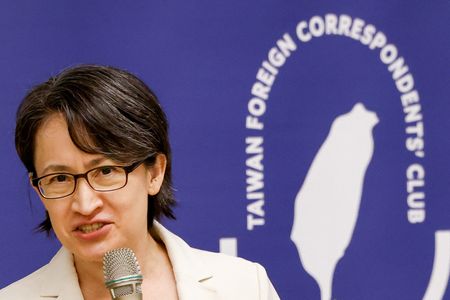ISLAMABAD (Reuters) – The International Criminal Court prosecutor said on Thursday he had applied for arrest warrants for two Taliban leaders in Afghanistan.
Here are some facts on the Taliban leaders accused of “crimes against humanity for widespread discrimination against women and girls”:
HAIBATULLAH AKHUNDZADA
Known as the “Leader of the Faithful”, the Islamic legal scholar is the Taliban’s supreme leader who holds final authority over the group’s political, religious and military affairs.
Akhundzada took over when his predecessor, Akhtar Mansour, was killed in a U.S. drone strike near the Afghan-Pakistan border in 2016. For 15 years, until his sudden disappearance in May 2016, Akhundzada taught and preached at a mosque in Kuchlak, a town in southwestern Pakistan, associates and students have told Reuters.
A cleric whose son was a suicide bomber, Akhundzada has spent much of his leadership in the shadows, letting others take the lead in negotiations that ultimately saw the United States and their allies leave Afghanistan after 20 years of grinding counter-insurgency war.
Though rarely seen in public and based in the southern city of Kandahar, he has released a number of orders in recent years that ministers in the capital Kabul are bound to implement, including on the closure of high-schools and universities to girls in 2022.
ABDUL HAKIM HAQQANI
Appointed chief justice by the Taliban shortly after it took over Afghanistan in 2021, he also heads a powerful council of religious scholars and is widely believed to be someone whom Akhundzada trusts most.
He was a leading member of the Taliban’s negotiating team in Doha during peace talks with the United States before foreign troops withdrew.
He published a book in Arabic in recent years detailing his vision of governance of an Islamic emirate, or state, in which he emphasised the value of independence and not vowing to external pressure, according to an analysis of the book by the Afghan Analyst Network think tank.
(Compiled by Charlotte Greenfield, Editing by Timothy Heritage)

